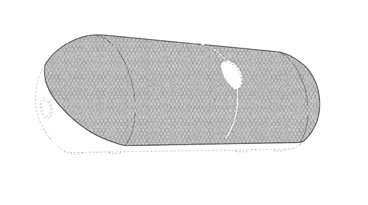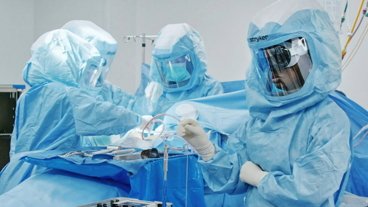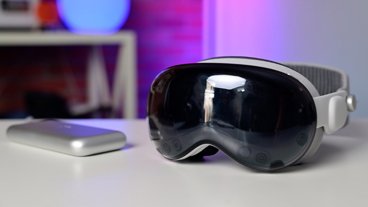Failed terrorist attack prompts new international flight rules
According to a report in the New York Times, international travelers bound for the United States are now being told "they could not leave their seats for the last hour of a flight, during which time they also could not use a pillow or blanket, or have anything on their laps," including a laptop.
The new directive also requires a thorough pat-down of all passengers on international flights to the United States and a physical inspection of all their carry-on luggage prior to boarding.
All international flights are now being required to enforce new rules during the final hour of the flight which includes: insisting that all passengers remain in their seats and prohibiting passengers from accessing any carry-on baggage or from having any blankets, pillows or other personal belongings on their lap during the final hour of the flight.
The new "final hour of flight" rules appear to be in reaction to the attempts made by the Christmas Day terrorist to ignite a chemical explosive he had smuggled onto the plane. During the final hour of flight, the flight crew is most likely to be preoccupied with making preparations for landing, and least likely to be available to observe attempts to ignite such an explosive, particularly if obscured under a blanket or pillow.
Canadian officials have responded to the new directive by essentially banning all carry-on luggage for passengers headed to the United States, the Times reported.
Pay no attention to the map
Additionally, airlines' international flights are now required to "disable aircraft-integrated passenger communications systems and services (phone, internet access services, live television programming, global positioning systems) prior to boarding and during all phases of flight."
The directive also insists that, while over U.S. airspace, "flight crew may not make any announcement to passengers concerning flight path or position over cities or landmarks."
The directive does nothing to prevent potential terrorist passengers from looking out the window to observe their location, and does not address the possibility that rogue passengers could obtain their own accurate position using a GPS device (such as a smartphone) that they brought onto the plane themselves.
Technology vs privacy
Efforts to flag suspect passengers and effectively and efficiently screen the general public upon boarding had been complicated by efforts to balance security with privacy concerns the Times noted in a second article on the subject.
Umar Farouk Abdulmutallab, the 23-year-old Nigerian who attempted to ignite an explosive device during the Christmas Day flight, is the son of a prominent Nigerian banker and former government official who contacted the American Embassy in October to warn them that his son had developed a radical views, had disappeared, and had a visa to enter the United States good through June of 2010.
The boy's name was added to a list of 550,000 individuals with alleged terror connections, but was not added to the no-fly list, nor was his US visa canceled or flagged. On the other hand, there have been numerous reports of ordinary citizens and even young children being erroneously flagged for having a name similar to those on the no-fly list.
Additionally, advanced screening devices using "millimeter waves" to image a passenger's body with sufficient resolution to detect a concealed weapon or explosive device are only being used on a small fraction of passengers. Further, due to the objections of of privacy advocates, the use of these systems has been prohibited for passengers flying to the United States.
While the House has pending legislation to prohibit all use of this equipment for routine passenger screening, Congressional leaders are also voicing outrage over the fact that a known-to-be-suspect passenger was still able to board and smuggle on an explosive device.
 Prince McLean
Prince McLean










 Christine McKee
Christine McKee
 Malcolm Owen
Malcolm Owen
 Mike Wuerthele and Malcolm Owen
Mike Wuerthele and Malcolm Owen

 William Gallagher
William Gallagher









